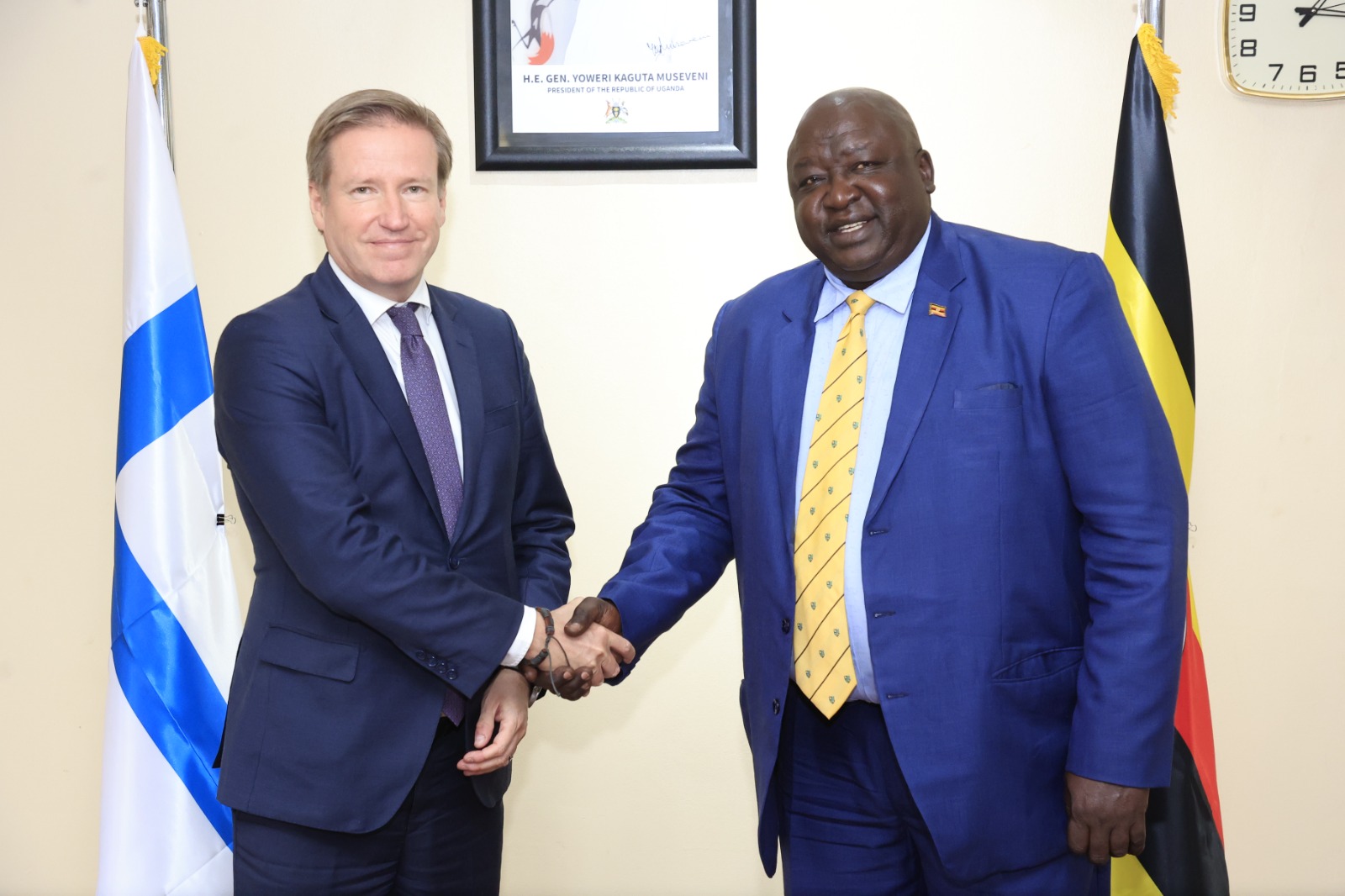Access to piped water increases to 26%
The number of Ugandans who have access to piped water has increased from 19% in 2019 to 26% in 2020, a new survey has revealed.
The survey conducted by Twaweza Uganda, a non governmental organisation, shows that the use of all other sources (surface water, unimproved sources, improved sources (not piped)) dropped slightly over the same period.
The survey however indicates that significant differences still exist in access to piped water based on social-economic circumstances.
"Households headed by females are more likely to have access to piped water (30%) than those with male heads (23%). Water collection time has also improved for many Ugandans,in 2020 close to half of households (46%) say they collect water in under 30 minutes compared to 4 out of 10 (37%) in 2019,"the report shows.
Again, the survey indicates that rural households spend much longer time collecting water, as do households which use surface water.
"Between 2018 and 2020, fewer citizens report that they treat their water before drinking that is 70% to 64%. Households with greater access to safer sources of water are more likely to treat their water: 85% of households that use piped water do so compared to 77% of those using surface water,"the survey states.
Similarly, the report notes that share of households that harvest rainwater also dropped slightly from 78% to 74% between 2018 and 2020.
In terms of sanitation, the most common form of faecal waste disposal is a pit latrine with a slab (66%) where urban households and those headed by women are more likely than other households to have a latrine with a ventilation pipe.
When it comes to assessing the outcomes of sound water and sanitation management, the survey shows that the presence of water borne diseases is perhaps one of the most important indicators.
From the report, 37% of households with no latrine experienced typhoid in the last month.
Nonetheless when it comes to rating government performance in water, the survey indicates that citizens are evenly split with 41% saying they are satisfied and 43% saying they are unsatisfied.
Marie Nanyanzi of Sauti za Wananchi at Twaweza, said it is great news to see improvements in access to piped water and reduced collection times for water.
“Citizens continue to highlight the challenges they face in terms of access to water at consistent levels as last year,"she said adding that focusing on preventive maintenance of water points in rural areas can help address the underlying challenges of access.
She said the role of community water committees can be vital in building a bridge between those who supply and manage water and those who use it.













